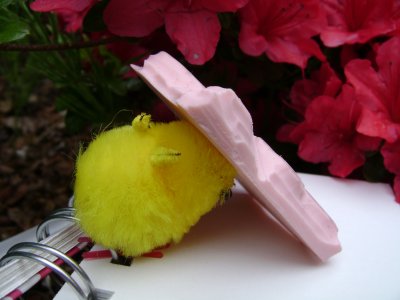- 0. Great Boxes Menu
- 1. Audience
- 2. Location
- 3. Clues
- 4. Details
- 5. Rules of Thumb
- 6. Statistics
- 7. Final Thoughts
Creating Great Letterboxes
Final Thoughts
Most letterboxes are average. There’s nothing wrong with that—they’re still plenty of fun to find, and don’t let anyone tell you otherwise. These are just some ideas about how to make your boxes stand out from the rest of the crowd. The very best letterboxes typically have one detail in particular that makes them so memorable, something that goes above and beyond what finders expect. A particular letterbox could be famous due to its location, its stamp, its logbook, its clue, or something else entirely. Every popular box will excel at something, the thing that defines the box. The whole package does count, but it’ll be one particular detail that will capture everyone’s attention and put your letterbox on the map. Think long and hard about what that detail will be.

Judging letterboxes is subjective, and it’s not an exact science. An amazing hand-carved stamp would seem like a no-brainer, but for the Crappy Stamp letterbox, it would be completely inappropriate! Consider your favorite finds, and think about why those finds were your favorites. How can you give people that same feeling or experience? Who are you planting your box for, and what can you do to improve their experience?
Use your box as a chance to entertain, amuse, or educate. Use the opportunity to show people a special spot. If you have special skills—woodworking, scrapbooking, sewing, computer programming, etc.—work them into your letterbox. A woodworker might create a fake birdhouse that really hides a letterbox. A scrapbooker might create a particularly memorable logbook. A seamstress might sew a waterproof bag to contain the box. A computer programmer could make all sorts of interactive online clues. Identify your particular skill sets and figure out how to use them in the boxes you plant.
And even if your box doesn’t excel at anything, even if it’s average in every respect, people will still enjoy just going out for no other reason to hunt it down. As far as worst-case scenarios go, that’s a pretty nice one!
